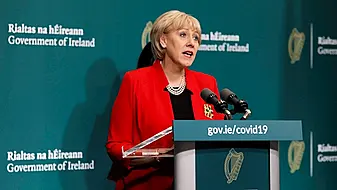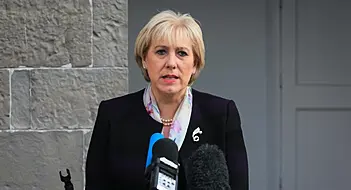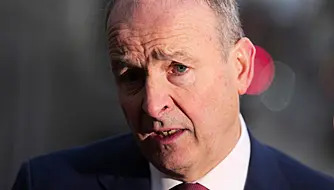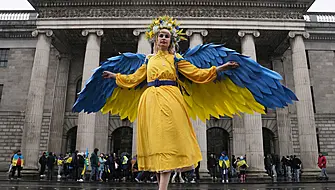The Government will seek to cut weekly Covid-19 welfare supports in four stages from as early as August as part of a plan to revive the economy as the impact of the pandemic dwindles.
As The Irish Times reports, The Cabinet will meet on Tuesday to agree a multibillion package aimed at stimulating economic activity and phasing out financial supports such as the Pandemic Unemployment Payment (PUP) and Employment Wage Subsidy Scheme (EWSS), which have both cost billions to date.
Sources said they expect a series of phased reductions in the payments to start in either August or September. The date for this is to be finalised today.
The weekly €350 PUP will likely be cut in three or four steps until it is at the same rate as basic social welfare payments. It is also likely to be closed off to new entrants from as early as September.
Students who return to college will also lose their payments as they will no longer be available for work.
Sources said that generally speaking the last phase of tapering off supports would begin early next year.
Maintained rates
The EWSS, paid to businesses, will likely be left unchanged in the third quarter, although tweaks are being considered in relation to how businesses qualify.
“It won’t become any harder to qualify; there may be some changes in detail, but the overall rates will be maintained,” a senior source said.
It is understood that extending the EWSS for another quarter would cost around €1.2 billion.
Tánaiste Leo Varadkar said the PUP “was always introduced as a temporary measure for the pandemic” and “will have to end at some point”.
He said the phasing would be handled “cautiously”, and would likely start in September or October.
“We will also make a decision on closing it to new entrants because really at this stage very few if any people who are losing their jobs now are losing them a consequence of the pandemic.”
The Cabinet will also announce how it plans to allocate funding of €915 million received under the EU’s recovery and resilience fund, with around 25 projects in the areas of environment, technology and transport expected to benefit from funding of up to €40 million each.







